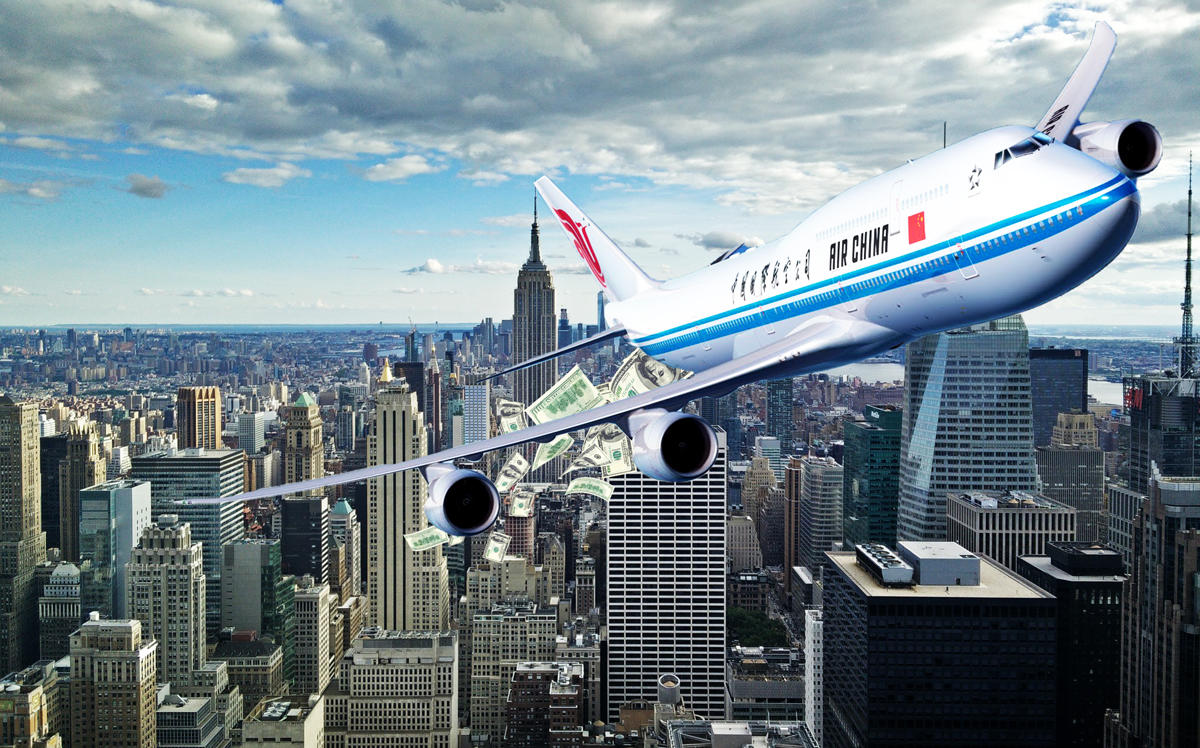Trending
Chinese buyers’ retreat could hurt US property values
They sold $1.29B worth of real estate in the second quarter

For the first time in a decade, Chinese insurers, conglomerates and other investors have become net sellers of U.S. commercial real estate.
Following Beijing’s tightening of capital controls, Chinese investors sold $1.29 billion worth of U.S. commercial real estate in the second quarter, while purchasing only $126.2 million, the Wall Street Journal reported.
The pullback could slow down growth in the U.S. real estate market, the report said. Though Chinese investors were only a fraction of the buyer pool, their steep purchase prices often garnered attention and helped drive up values. And after rising in the years following the financial crisis, those values have become stagnant over the last 18 months.
Companies like HNA Group and Greenland Holding Group are offloading properties to repay debt and to comply with regulatory and market pressures. Anbang Insurance Group, which was taken over by Chinese regulators in February, is considering selling some of its U.S. hotels. But it hasn’t made any deals — and is in the midst of renovating the Waldorf Astoria in New York.
As those investors become sellers, some are holding out for the right price, while others have struggled to break even.
Greenland, for instance, put Hotel Indigo in Los Angeles on the block earlier this year, but has yet to strike a deal. And Dalian Wanda Group is seeking to sell One Beverly Hills, a condo and hotel development in Beverly Hills. The company seems to be waiting for a higher bid, the Journal said in a separate report.
Meanwhile, in San Francisco, Greenland sold a waterfront site, Oyster Point, to Kilroy Realty Corp. for $308 million. It purchased the site for $171 million in August 2016 and said it will invest $1 billion to build a biotech complex. It’s unclear how much has been spent so far. [WSJ] — Meenal Vamburkar




